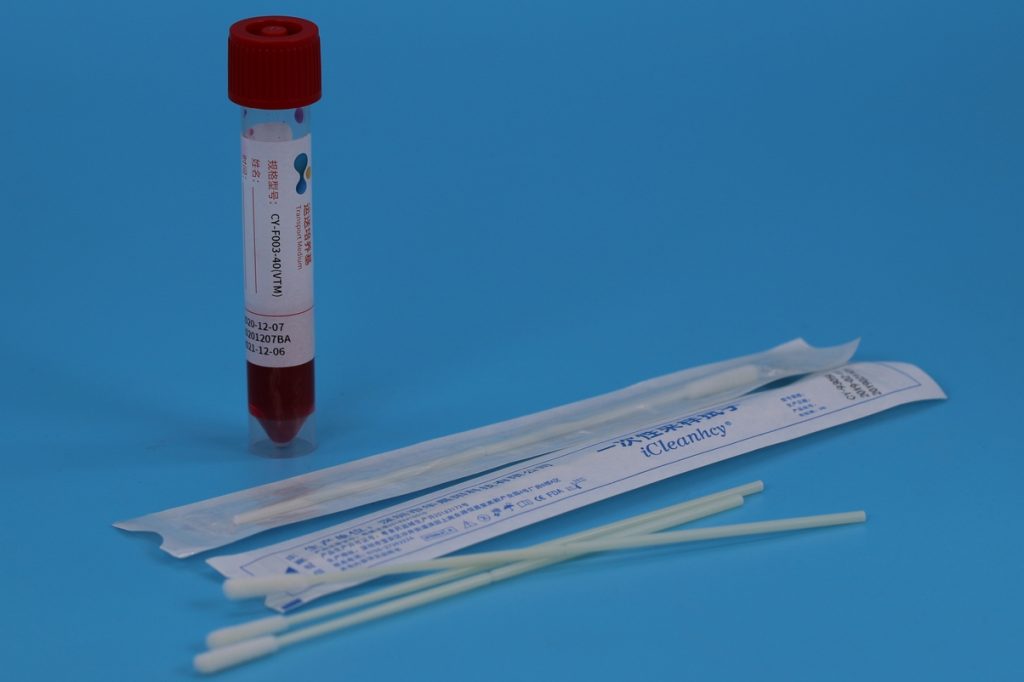How to prevent summer flu
Preventing summer flu involves adopting a combination of good hygiene practices, maintaining a healthy lifestyle, and being mindful of your environment. Here are some effective strategies:
Practice Good Hygiene:
Hand Washing: Regularly wash your hands with soap and water for at least 20 seconds, especially after being in public places, blowing your nose, coughing, or sneezing.
Hand Sanitizer: Use hand sanitizer with at least 60% alcohol if soap and water are not available.
Avoid Touching Face: Avoid touching your eyes, nose, and mouth with unwashed hands.
Avoid Close Contact:
Social Distancing: Maintain a safe distance from people who are sick.
Stay Home if Sick: If you are feeling unwell, stay home to prevent spreading the flu to others.
Clean and Disinfect:
Regular Cleaning: Clean and disinfect frequently-touched surfaces daily, including doorknobs, light switches, countertops, and mobile devices.
Use Disinfectants: Use EPA-approved disinfectants effective against flu viruses.
Maintain a Healthy Lifestyle:
Balanced Diet: Eat a balanced diet rich in fruits, vegetables, lean proteins, and whole grains to support your immune system.
Hydration: Drink plenty of fluids to stay hydrated.
Exercise: Engage in regular physical activity to boost your immune system.
Sleep: Ensure you get adequate rest, as sleep is crucial for a healthy immune system.
Stay Cool and Hydrated:

Avoid Overheating: Stay cool and avoid prolonged exposure to extreme heat, which can weaken your immune system.
Hydration: Drink plenty of water, especially in hot weather, to keep your body functioning optimally.
Vaccination:
Flu Vaccine: Get an annual flu vaccine, which is effective in reducing the risk of flu and its complications.
Travel Precautions:
Travel Wisely: Be cautious when traveling to areas with known flu outbreaks. Follow public health guidelines and take necessary precautions.
Monitor Health:
Seek Medical Advice: If you develop flu-like symptoms, consult a healthcare professional promptly for advice and possible treatment.
By following these preventive measures, you can reduce your risk of contracting the flu during the summer months.
What to do if you have the flu
If you have the flu, it’s important to take steps to manage your symptoms, prevent the spread of the virus, and recover as quickly as possible. Here’s a comprehensive guide on what to do if you have the flu:
Rest and Care
- Rest: Get plenty of rest to help your body fight off the infection.
- Stay Hydrated: Drink plenty of fluids such as water, herbal teas, and clear broths to stay hydrated and help loosen congestion.
- Stay Home: Avoid going to work, school, or public places to prevent spreading the flu to others.
Manage Symptoms
- Fever and Pain Relief: Use over-the-counter medications like acetaminophen (Tylenol) or ibuprofen (Advil, Motrin) to reduce fever and relieve aches and pains.
- Cough and Congestion: Use cough suppressants or expectorants to manage cough, and decongestants or saline nasal sprays to relieve nasal congestion.
- Throat Soothers: Gargle with warm salt water or use throat lozenges to ease a sore throat.
Practice Good Hygiene
- Hand Washing: Wash your hands frequently with soap and water for at least 20 seconds.
- Cover Coughs and Sneezes: Use a tissue or your elbow to cover your mouth and nose when you cough or sneeze, and dispose of tissues properly.
- Disinfect: Clean and disinfect frequently-touched surfaces like doorknobs, light switches, and mobile devices.
Seek Medical Attention
- High Risk Individuals: If you are in a high-risk group (young children, elderly, pregnant women, or individuals with chronic health conditions), contact your healthcare provider.
- Severe Symptoms: Seek medical attention if you experience severe symptoms such as difficulty breathing, chest pain, confusion, persistent vomiting, or high fever that doesn’t respond to medication.
- Antiviral Medications: Your doctor may prescribe antiviral medications like oseltamivir (Tamiflu) or zanamivir (Relenza) to reduce the severity and duration of the flu, especially if taken within the first 48 hours of symptom onset.
Monitor Health
- Temperature: Keep track of your fever and overall condition.
- Follow-Up: Follow up with your healthcare provider if symptoms worsen or do not improve after a few days.
Prevention of Spread
- Isolate: Stay away from others as much as possible to prevent spreading the virus.
- Face Masks: Consider wearing a mask if you must be around other people.
Recovery Tips
- Nourishment: Eat light, nutritious meals that are easy to digest.
- Humidity: Use a humidifier to keep the air moist, which can help ease congestion and coughing.
By following these steps, you can manage your flu symptoms, recover more quickly, and help prevent the spread of the virus to others. If in doubt, always consult with a healthcare professional for personalized advice and treatment.
 A professional supplier of swabs
A professional supplier of swabs
